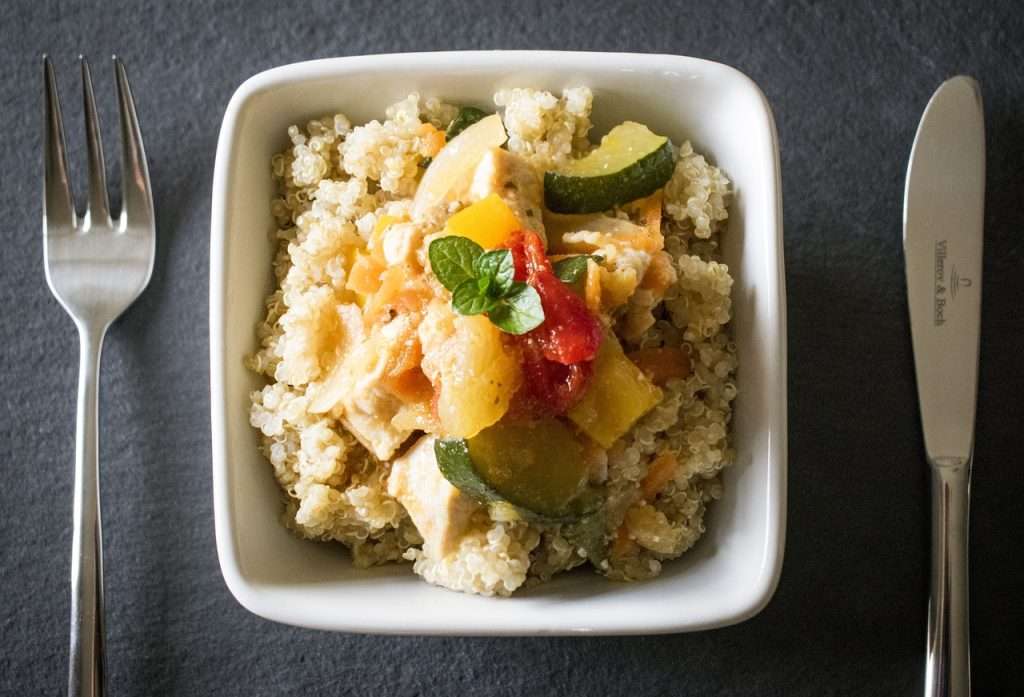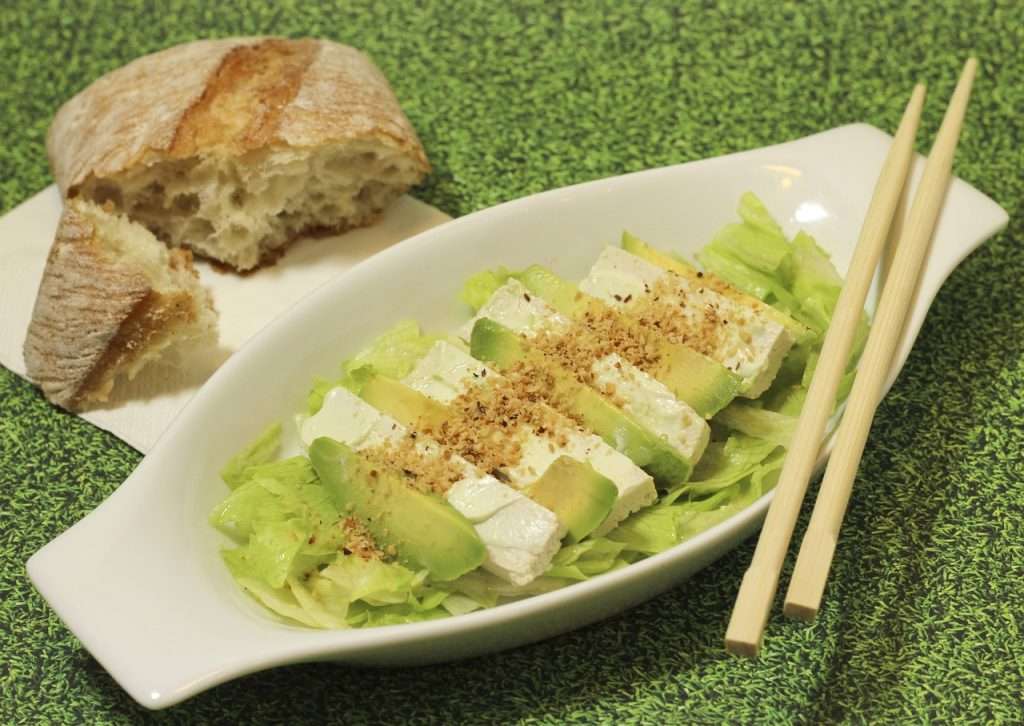When you are done working out in the morning, you will realize that your body requires replenishment, and you begin to wonder what food or snacks is best for me to recover the energy lost. Your choice of post-exercise meals is crucial because the right food will nourish your body, enhance performance, impact your fitness goal, and optimize your recovery.
This post will help you decide when choosing post-exercise meals that will refill energy stores, repair muscle tissues and support general recovery. Read on as we unveil the best food after a morning exercise.
Key nutrients for post-exercise recovery
The essential nutrients that play vital roles in refilling energy stores, repairing muscle tissues, reducing inflammation, and supporting overall recovery include the following;
1. Protein
Protein, often regarded as the cornerstone of post-exercise nutrition, provides amino acids, the building blocks of muscle tissue, and promotes muscle repair and growth. Taking the right amount of protein after exercise helps stimulate muscle protein synthesis and reduces muscle breakdown. Some of the good protein sources include legumes, poultry, fish, eggs, dairy products, lean meat, and plant-based protein sources like tofu and tempeh.
2. Carbohydrates
To replenish glycogen stores, carbohydrate is necessary. They are the primary energy source for physical activity. During exercise, your body utilizes glycogen to fuel your muscles. Consuming carbohydrates after workout helps restore glycogen levels, promoting faster recovery and preparing your body for subsequent workouts. Choose complex carbohydrates such as vegetables, whole grains, fruits, and legumes, as they provide sustained energy release and valuable nutrients.
3. Healthy Fats
Healthy fats in your post-exercise meals can support overall health, aid in nutrient absorption, and reduce inflammation. Omega-3 fatty acids in fatty fish (salmon, sardines), flaxseeds, chia seeds, and walnuts have anti-inflammatory properties that help alleviate exercise-induced inflammation. Incorporating moderate amounts of healthy fats from sources like avocados, nuts, and olive oil can contribute to a well-rounded post-exercise meal.
4. Antioxidants
Intense exercise generates free radicals, which can cause oxidative stress and contribute to muscle damage. Antioxidants help combat oxidative stress and support recovery. Colorful fruits and vegetables, such as citrus fruits, berries, leafy greens, and bell peppers, are rich in antioxidants like vitamins C, E and various phytochemicals. Including these foods in your post-exercise meals helps reduce inflammation and supports overall cellular health.
5. Hydration
Adequate hydration is crucial for optimizing exercise recovery. During exercise, you lose fluids through sweat, and replenishing those fluids after exercise is essential for maintaining proper bodily functions. Water is generally the best choice for rehydration. However, sports drinks or electrolyte-rich beverages can help replenish electrolytes lost through sweat and restore hydration balance for intense or prolonged workouts.
Best post-exercise meals
The following are the best food to consider when it comes to post-workout nutrition;
1. Protein-Rich Options
Protein is a crucial nutrient for muscle repair and growth. Including protein-rich foods in your post-exercise meals or snack helps stimulate muscle protein synthesis and supports recovery. Here are some protein-rich options to consider:
- Greek Yogurt with Berries and Nuts: Greek yogurt is a fantastic source of protein, with approximately 15-20 grams of protein per serving. Pair it with fresh berries for added antioxidants and a natural sweetness. Sprinkle some nuts like almonds or walnuts for healthy fats and added texture.
- Protein Smoothie with Whey or Plant-Based Protein Powder: A protein smoothie is a convenient and delicious option to replenish protein stores quickly. Blend your choice of whey or plant-based protein powder with fruits like bananas or berries, and add in a liquid such as milk or almond milk. You can also incorporate spinach or kale for an extra nutritional boost.
- Eggs and Avocado Toast: Eggs are a complete protein source, providing essential amino acids. Cook a couple of boiled or scrambled eggs and serve them on whole-grain toast. Top it off with sliced avocado for healthy fats and additional nutrients.
- Grilled Chicken or Tofu Salad with Mixed Greens: Grilled chicken breast or tofu offers a generous amount of protein while keeping the meal light and refreshing. Toss them with a variety of mixed greens, cherry tomatoes, cucumber slices, and a drizzle of olive oil or a squeeze of lemon for a satisfying post-workout salad.
2. Carbohydrate Sources for Refueling
Refueling your energy stores with carbohydrates after a workout is crucial for replenishing glycogen levels and preparing your body for future exercise. Here are some carbohydrate sources to consider for post-workout refueling:
- Whole-Grain Oatmeal with Fruits and Nuts: Start your day with whole-grain oatmeal topped with fresh fruits like berries, sliced bananas, or diced apples. Sprinkle nuts or seeds for added texture and healthy fats. Oatmeal provides complex carbohydrates that release energy slowly, keeping you fueled for longer.
- Quinoa or Brown Rice Bowl with Vegetables and Lean Protein: Quinoa and brown rice are nutritious, fiber-rich carbohydrate sources. Combine them with steamed or roasted vegetables like broccoli, bell peppers, and carrots. Add a lean protein source such as grilled chicken, tofu, or beans for a well-rounded and satisfying meal.

- Whole-Grain Toast with Almond Butter and Banana Slices: Whole-grain toast is a quick and easy way to get carbohydrates after a workout. Spread almond butter or another nut butter of your choice on the toast for healthy fats and protein. Top it with banana slices for natural sweetness and additional carbohydrates.
- Sweet Potato and Black Bean Burrito: Sweet potatoes are an excellent carbohydrate source due to their high fiber content and natural sweetness. Wrap a roasted sweet potato, black beans, and favorite veggies in a whole-grain tortilla for a delicious and nutrient-packed post-workout burrito.
3. Combining Proteins and Carbohydrates for Optimal Recovery
Combining proteins and carbohydrates in your post-workout nutrition can impact optimal recovery and replenish energy stores. The strategic combination of these two macronutrients helps stimulate muscle protein synthesis, refuel glycogen levels, and support overall recovery. Here are some examples of protein and carbohydrate combinations for optimal recovery:
- Chicken or Tofu Stir-Fry with Vegetables and Brown Rice: Cook up some lean chicken breast or tofu with a colorful assortment of stir-fried vegetables like broccoli, bell peppers, and carrots. Serve it over a bed of brown rice. This combination provides a balanced mix of proteins, complex carbohydrates, and fiber, which aids in muscle repair and glycogen replenishment.
- Salmon or Lentil Salad with Quinoa and Roasted Vegetables: Combine grilled salmon or cooked lentils with roasted vegetables like zucchini, asparagus, and cherry tomatoes. Toss the mixture with quinoa for a protein-packed grain. This combination offers a good balance of high-quality protein, complex carbohydrates, and essential fatty acids from salmon, promoting muscle recovery and supporting overall health.
- Cottage Cheese with Pineapple or Peach Slices: Cottage cheese is a protein-rich option that pairs well with sweet fruits like pineapple or peaches. Cottage cheese contains casein protein, which is gradually digested, supplying a sustained release of amino acids to support muscle recovery. Including fruits adds carbohydrates for glycogen replenishment and a touch of natural sweetness.
4. Hydration and Electrolytes
Hydration and electrolyte balance are crucial aspects of post-workout nutrition. During exercise, you lose fluids through sweat, and it’s essential to replenish those fluids to maintain optimal bodily functions. Additionally, sweat contains electrolytes like sodium, potassium, and magnesium, vital in nerve transmission, muscle function, and hydration status. Here’s how you can maintain proper hydration and electrolyte balance after a workout:
- Water: Water should be your primary choice for rehydration. Drink adequate water after workout to replace the fluids lost through sweat. Aim to drink enough to quench your thirst and hydrate your body.
- Coconut Water: Coconut water is a natural and electrolyte-rich beverage that can help replenish lost fluids and electrolytes. It contains potassium, sodium, magnesium, and other essential minerals. Including coconut water in your post-workout routine can be a refreshing and hydrating option.
- Watermelon: Watermelon is a hydrating fruit and contains electrolytes like potassium. Its high water content can help replenish fluids, while the natural sugars provide a source of energy. Enjoy a slice of watermelon as a hydrating and refreshing post-workout snack.
- Cucumber and Mint Infused Water: Infusing water with fresh mint leaves and slices of cucumber adds a subtle flavor while providing additional hydration and a small amount of electrolytes. This refreshing combination can be a hydrating alternative to plain water.
- Sports Drinks or Electrolyte Supplements: Sports drinks or electrolyte supplements can be beneficial for intense or prolonged workouts that result in significant fluid and electrolyte losses. These products contain a balance of electrolytes and carbohydrates to help replenish fluids, electrolytes, and energy. However, be mindful of the added sugars in some sports drinks and choose options with minimal additives.
Conclusion
A balanced meal or snack that combines protein, carbohydrates, healthy fats, antioxidants, and hydration will provide the necessary building blocks for muscle repair, replenish energy stores, reduce inflammation, and support overall well-being. Fuel your body right, and you’ll reap the rewards of improved performance, faster recovery, and achieving your fitness goals.

